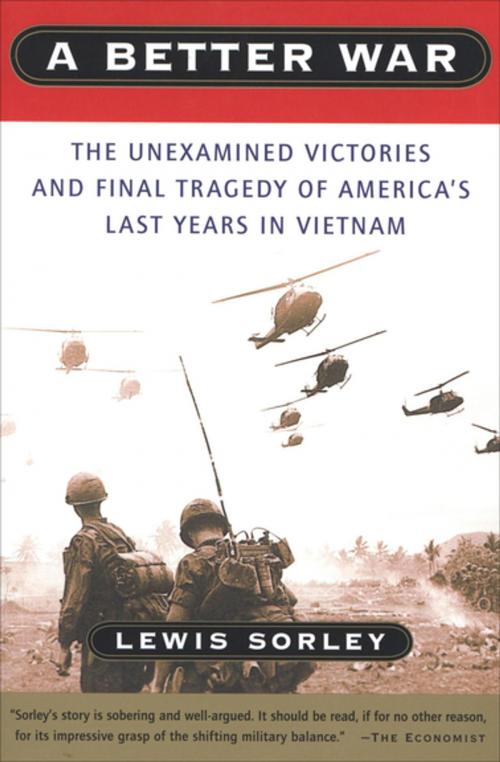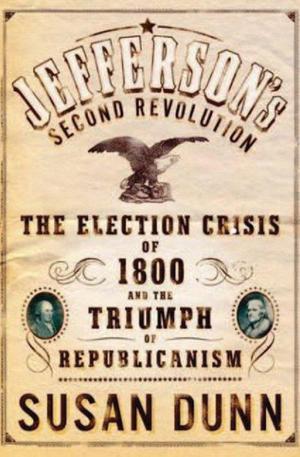A Better War
The Unexamined Victories and Final Tragedy of America's Last Years in Vietnam
Nonfiction, History, Military, Vietnam War, Asian, United States| Author: | Lewis Sorley | ISBN: | 9780547417455 |
| Publisher: | Houghton Mifflin Harcourt | Publication: | June 3, 1999 |
| Imprint: | Mariner Books | Language: | English |
| Author: | Lewis Sorley |
| ISBN: | 9780547417455 |
| Publisher: | Houghton Mifflin Harcourt |
| Publication: | June 3, 1999 |
| Imprint: | Mariner Books |
| Language: | English |
“A comprehensive and long-overdue examination of the immediate post–Tet offensive years [from a] first-rate historian.” —The New York Times Book Review
Neglected by scholars and journalists alike, the years of conflict in Vietnam from 1968 to 1975 offer surprises not only about how the war was fought, but about what was achieved. Drawing from thousands of hours of previously unavailable (and still classified) tape-recorded meetings between the highest levels of the American military command in Vietnam, A Better War is an insightful, factual, and superbly documented history of these final years. Through his exclusive access to authoritative materials, award-winning historian Lewis Sorley highlights the dramatic differences in conception, conduct, and—at least for a time—results between the early and later years of the war. Among his most important findings is that while the war was being lost at the peace table and in the U.S. Congress, the soldiers were winning on the ground. Meticulously researched and movingly told, A Better War sheds new light on the Vietnam War.
“A comprehensive and long-overdue examination of the immediate post–Tet offensive years [from a] first-rate historian.” —The New York Times Book Review
Neglected by scholars and journalists alike, the years of conflict in Vietnam from 1968 to 1975 offer surprises not only about how the war was fought, but about what was achieved. Drawing from thousands of hours of previously unavailable (and still classified) tape-recorded meetings between the highest levels of the American military command in Vietnam, A Better War is an insightful, factual, and superbly documented history of these final years. Through his exclusive access to authoritative materials, award-winning historian Lewis Sorley highlights the dramatic differences in conception, conduct, and—at least for a time—results between the early and later years of the war. Among his most important findings is that while the war was being lost at the peace table and in the U.S. Congress, the soldiers were winning on the ground. Meticulously researched and movingly told, A Better War sheds new light on the Vietnam War.















